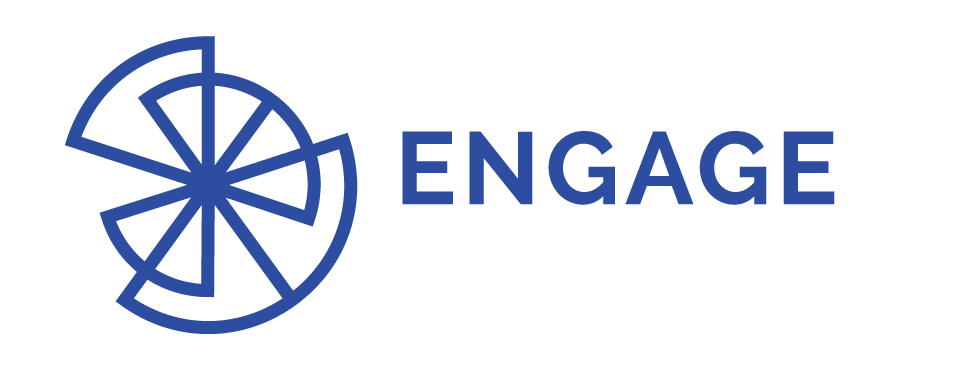As its citizens head to the polls in June’s European Parliament elections, the EU faces an unprecedented combination of external threats. From Russia’s invasion of Ukraine and the war in Gaza to economic, energy, and military dependencies and the climate crisis, the scale of the challenges is such that the very existence of European integration is in peril.
To navigate these troubled waters, the incoming cohort of EU leaders will need to make bold decisions that bolster the union’s geopolitical power and render it a stronger global actor.
To chart the future of EU foreign policy at a time of intensifying global rivalries and rising divisions at home, the Carnegie Europe Foundation invites you to a public discussion to mark the conclusion of the ENGAGE project.
The first working session, featuring remarks from Federica Mogherini and Javier Solana, will provide an overview of the challenges the EU faces on the global stage. The second session will delve into the policy tools the union can mobilize to thrive in a world of geopolitical competition.
A light reception will follow.
PANEL 1
Welcome remarks
Ángel Saz-Carranza is the director of the ESADE Center for Global Economy and Geopolitics and lead of the ENGAGE project.
Speakers
Federica Mogherini is the rector of the College of Europe and a former EU high representative for foreign affairs and security policy.
Javier Solana is the president of the ESADE Center for Global Economy and Geopolitics and a former EU high representative for the Common Foreign and Security Policy.
Moderator
Rosa Balfour is the director of Carnegie Europe.
PANEL 2
Speakers
Bastian Giegerich is the director general and chief executive of the International Institute for Strategic Studies.
Tania Lațici is a political officer advising on peace, security, and defense at the European External Action Service.
Monika Sus is a senior researcher at the Centre for International Security of the Hertie School.
Moderator
Cornelius Adebahr is a nonresident fellow at the Carnegie Europe Foundation.










